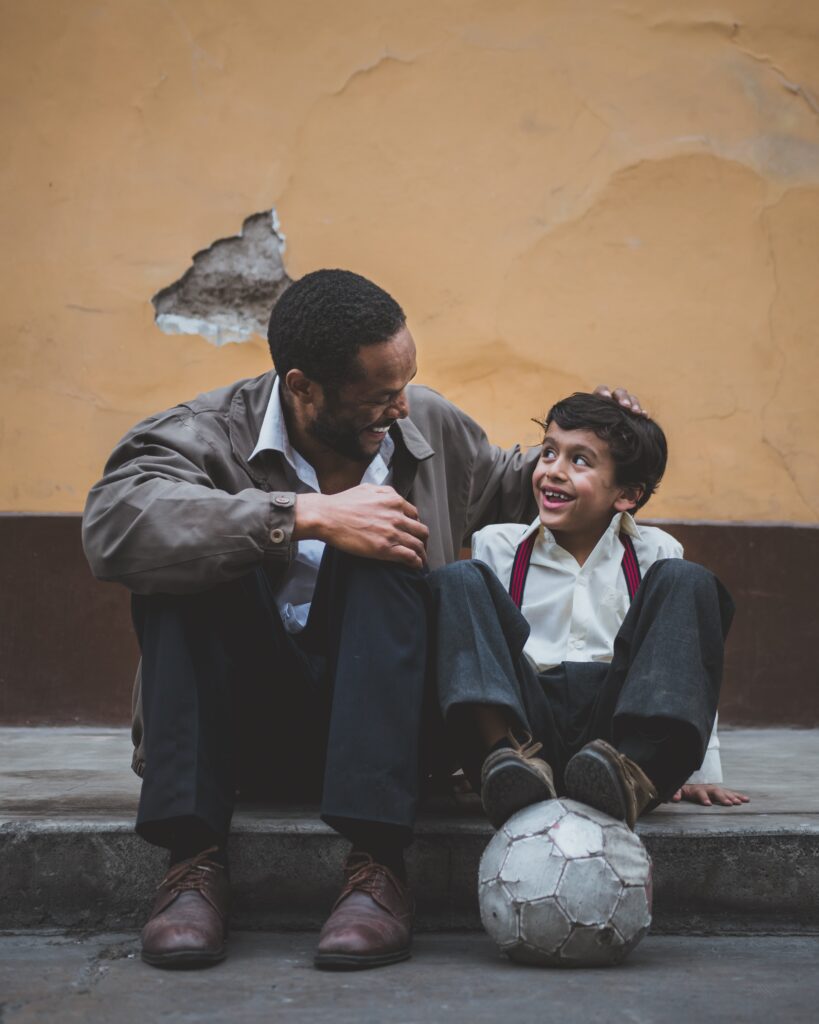Gratitude is one of the most powerful and motivating feelings for attaining overall positivity in one’s life. Teaching children to be grateful leads to a lot of good things in life, including more energy, greater success in achieving goals, improved physical health, improved stress coping, stronger emotions of self-worth, and a greater sense of purpose.
What Is Gratitude?
Gratitude is not just being appreciative and acknowledging all the blessings and opportunities in our life, but also demonstrating appreciation and compassion toward others around us. It is a time to reflect and appreciate what we have, as well as what we sometimes take for granted. It is living in the moment and appreciating all the beauty that surrounds us.
It’s one of the best virtues a person can possess, which is why it’s so important to instill gratitude in your children.
Why Is It Essential to Teach Children the Value of Gratitude?
By instilling the value of gratitude in children, you are assisting in their development as better individuals. Also, it instills in them good manners that will serve them well as adults.
Teaching your children gratitude helps them develop empathy for others, which will benefit them in their interpersonal connections throughout their lives. When they can understand other people’s emotions and feelings, they can figure out why people say and do the things they do in certain situations. This makes it easier for them to handle the ups and downs of relationships with other people.
When children learn to be grateful for what they have and how they are treated, they are more likely to be happier and less stressed. This is because when they realise how fortunate they are, they are less likely to dwell on negative experiences. Plus, when a child is grateful for something they are more likely to return the favour, so it can lead to further positive outcomes. So, if you’re wondering how to explore gratitude with your child, here are some tips from prep school in Somerset.
Ask Your Child What They’re Grateful for Each Day
Educating children about gratitude may be as simple as just asking them why they are grateful. Ask them what makes them grateful and how that made their day.
By encouraging your child to focus on some of the positive things that have happened to them throughout the day, it will eventually become something that they do more naturally. Even if its something simple, like someone sharing a snack with them during break, they will instinctively start to concentrate on the acts of kindness people show them. As a result, they may start to think about how they can do something nice for that person in return, leading to positive relationships and compassion.
Look on the Bright Side of Life
As a parent, you may also encourage your child to develop an attitude of gratitude toward life experiences.
Life is full of ups and downs, and sad or stressful times can’t always be avoided. Being grateful is all about looking for the positives in life, even when we’re faced with adversity. So, next time your child comes to you with a problem, or they’re feeling negative, try and remind them of all of the good things going on and what is to come.
Be a Good Role Model
One of the most effective ways to teach children gratitude is by setting an example. Our children may learn so much from our actions and words. Your children can start to understand these ideas if you show them how to be grateful.
If your child is surrounded by positive people who often count their blessings, they are more likely to grow up in the same way. With this in mind, try and avoid complaining about things in front of your child and instead focus on what you’re grateful for. This will encourage your child to do the same.
Wrapping Up:
The secret to overcoming negativity is gratitude. It lets you see and appreciate the good things in life, which is beneficial to one’s emotional well-being.
There’s no doubt that teaching gratitude can be hard, but that only makes it more rewarding.
You can be certain that by teaching your child to be grateful throughout their formative years, you can be sure that you are giving them the right mental tools to live the good life they deserve.



